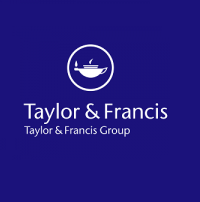6. Conclusions
This paper examines hospitals’ earnings management choices of overbilling, managing accruals, or cutting expenditures based on the constraints associated with each strategy. Studying the role of overbilling in hospitals’ earnings management decisions is important given the prevalence of overbilling in the healthcare sector, the growing interest in understanding hospitals’ earnings management choices, and the importance of this industry.
My results suggest that hospital managers use these manipulation tools as substitutes for each other and choose between them based on the constraints associated with each strategy. In particular, I find that overbilling is least constrained when hospitals face high competition or financial distress. When AEM is constrained because of prior accounting choices, hospitals resort to overbilling instead of RAM. Thus, in contrast to prior research showing that firms use AEM when RAM is constrained and vice versa (e.g. Zang, 2012), I find that hospitals use overbilling instead of AEM or RAM when either of the latter strategies is constrained. On the other hand, my results also indicate that overbilling is constrained by hospitals’ operations and regulatory oversight, which result in less overbilling and more RAM.
This study contributes to the accounting literature by providing a more complete picture of the types of earnings management tools that hospitals use to manipulate their performance. While this study focuses on overbilling in the healthcare sector, future research could examine overbilling in other industries. For instance, the large number of lawsuits under the FCA as reported by the Department of Justice (2013) suggests that overbilling is widespread across firms with government contracts.








